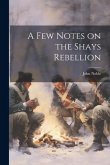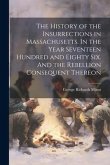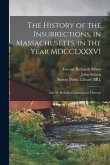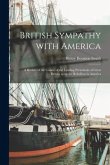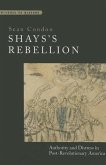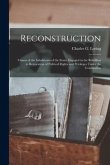Fries's Rebellion The Enduring Struggle for the American Revolution Paul Douglas Newman "Newman has given us the best book yet on the so-called Fries rebellion, a 1799 uprising in the German-speaking counties of eastern Pennsylvania. Newman provides a thorough and frequently gripping narrative of the resistance and its aftermath."--Journal of American History "A well-researched, well-written account of this often-misunderstood episode from the late 1790s."--Journal of the Early Republic "A detailed, engaging history of the 1798-99 resistance in Pennsylvania to federal taxes. . . . This welcome history established the singularity fo the Fries episode."--Choice In 1798, the federal government levied its first direct tax on American citizens, one that seemed to favor land speculators over farmers. In eastern Pennsylvania, the tax assessors were largely Quakers and Moravians who had abstained from Revolutionary participation and were recruited by the administration of John Adams to levy taxes against their patriot German Reformed and Lutheran neighbors. Led by local Revolutionary hero John Fries, the farmers drew on the rituals of crowd action and stopped the assessment. Following the Shays and Whiskey rebellions, Fries's Rebellion was the last in a trilogy of popular uprisings against federal authority in the early republic. But in contrast to the previous armed insurrections, the Fries rebels used nonviolent methods while simultaneously exercising their rights to petition Congress for the repeal of the tax law as well as the Alien and Sedition Acts. In doing so, they sought to manifest the principle of popular sovereignty and to expand the role of local people within the emerging national political system rather than attacking it from without. After some resisters were liberated from the custody of a federal marshal, the Adams administration used military force to suppress the insurrection. The resisters were charged with sedition and treason. Fries himself was sentenced to death but was pardoned at the eleventh hour by President Adams. The pardon fractured the presidential cabinet and splintered the party, just before Thomas Jefferson's and the Republican Party's "Revolution of 1800." The first book-length treatment of this significant eighteenth-century uprising, Fries's Rebellion shows us that the participants of the rebellion reengaged Revolutionary ideals in an enduring struggle to further democratize their country. Paul Douglas Newman is Associate Professor of History at the University of Pittsburgh at Johnstown. 2004 272 pages 6 1/8 x 9 1/4 12 illus. ISBN 978-0-8122-3815-0 Cloth $49.95s £32.50 ISBN 978-0-8122-1920-3 Paper $22.50s £15.00 World Rights American History Short copy: Fries's Rebellion was the third in three popular uprisings immediately following the Revolution--after Shays's Rebellion and the Whiskey Rebellion--that directly challenged the still-fledgling federal government. This is the first book on the watershed event in early America.
Hinweis: Dieser Artikel kann nur an eine deutsche Lieferadresse ausgeliefert werden.
Hinweis: Dieser Artikel kann nur an eine deutsche Lieferadresse ausgeliefert werden.

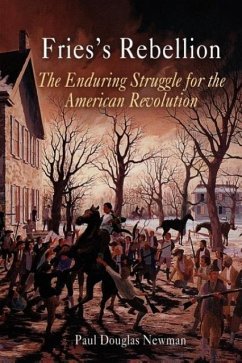
![The Unionist's Daughter: a Tale of the Rebellion in Tennessee; [and, ] Maum Guinea and Her Plantation The Unionist's Daughter: a Tale of the Rebellion in Tennessee; [and, ] Maum Guinea and Her Plantation](https://bilder.buecher.de/produkte/65/65493/65493062m.jpg)
